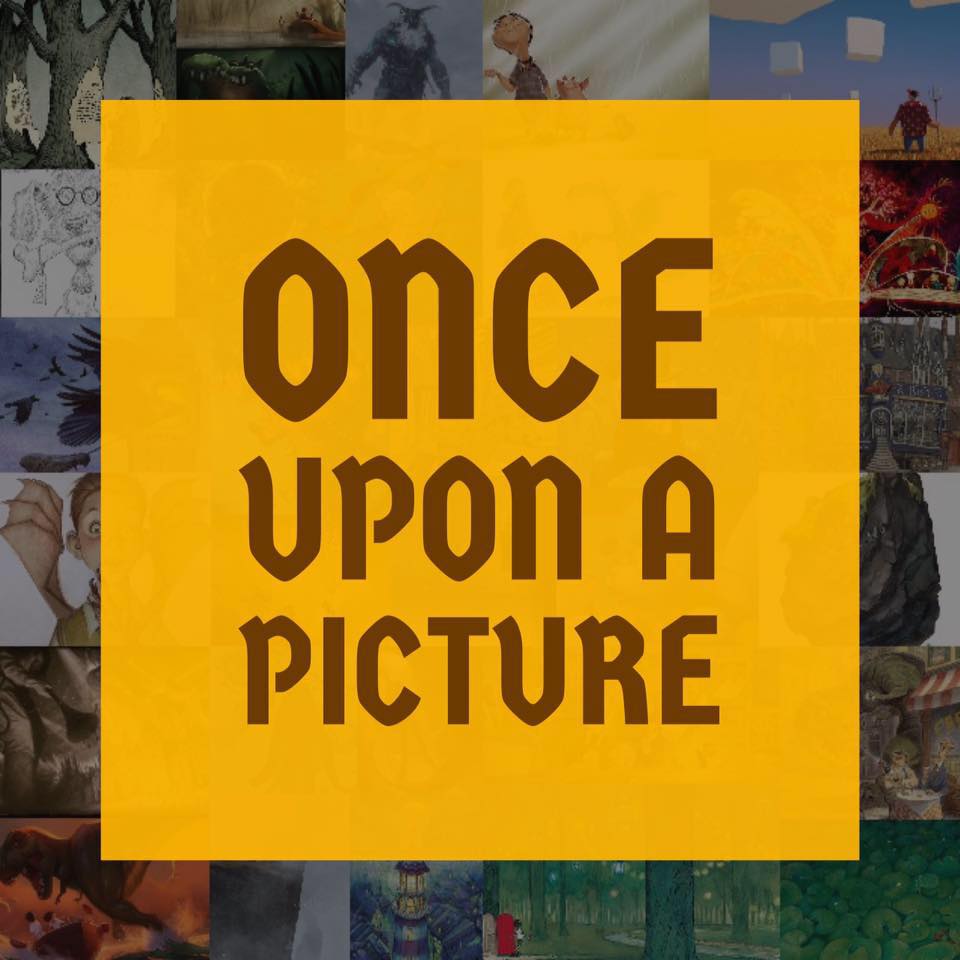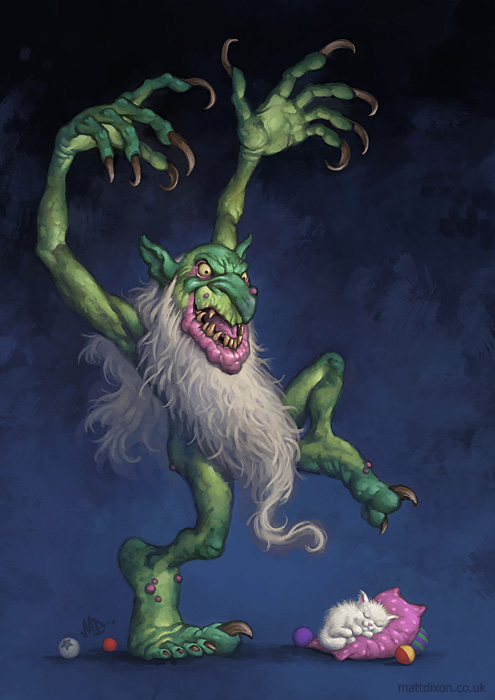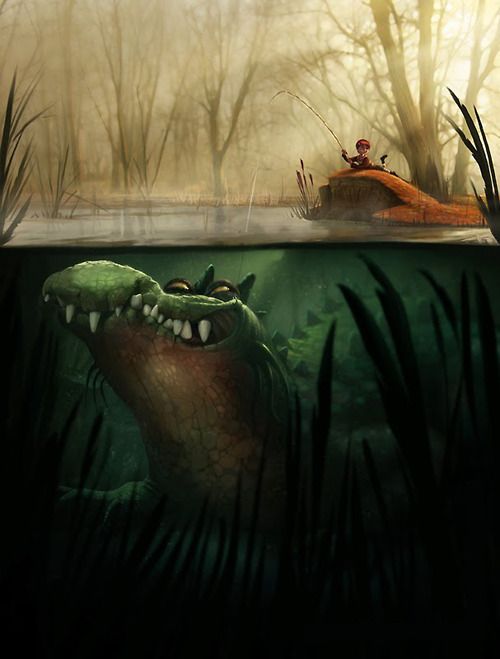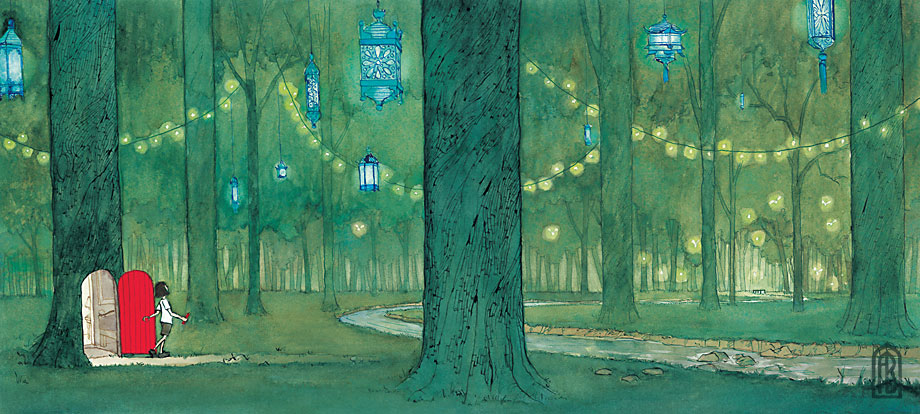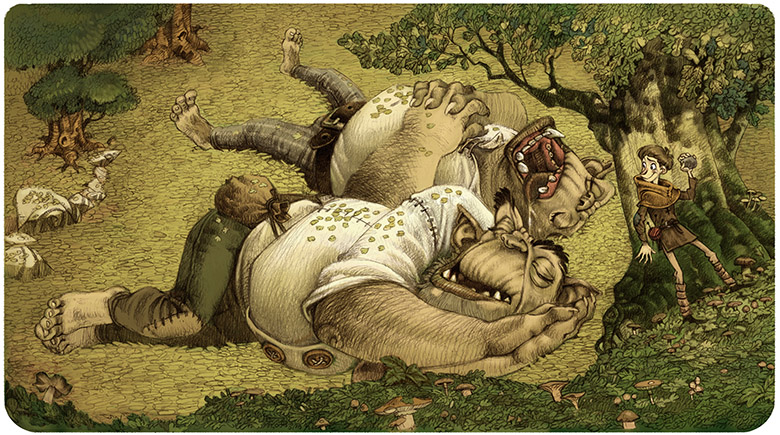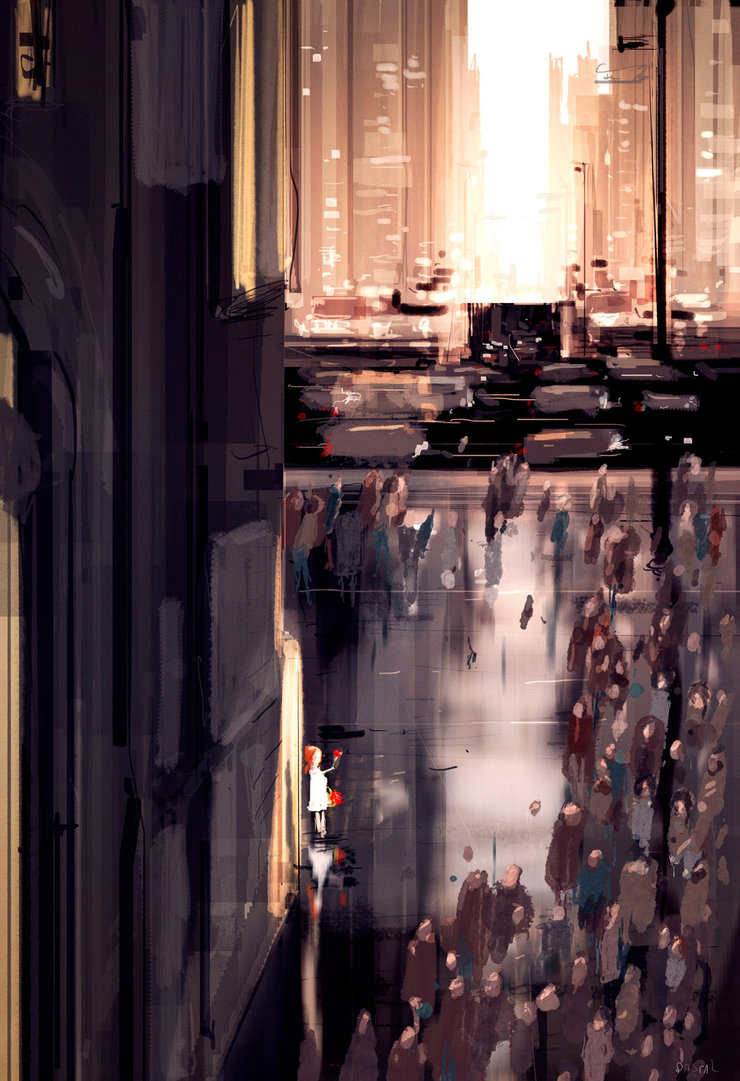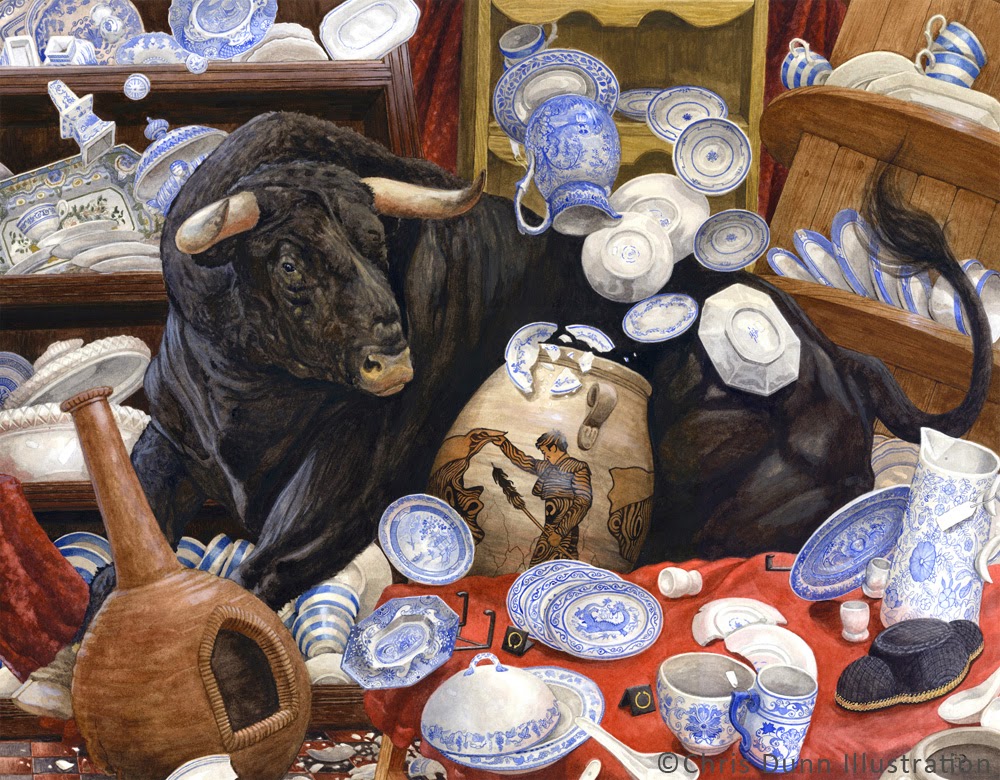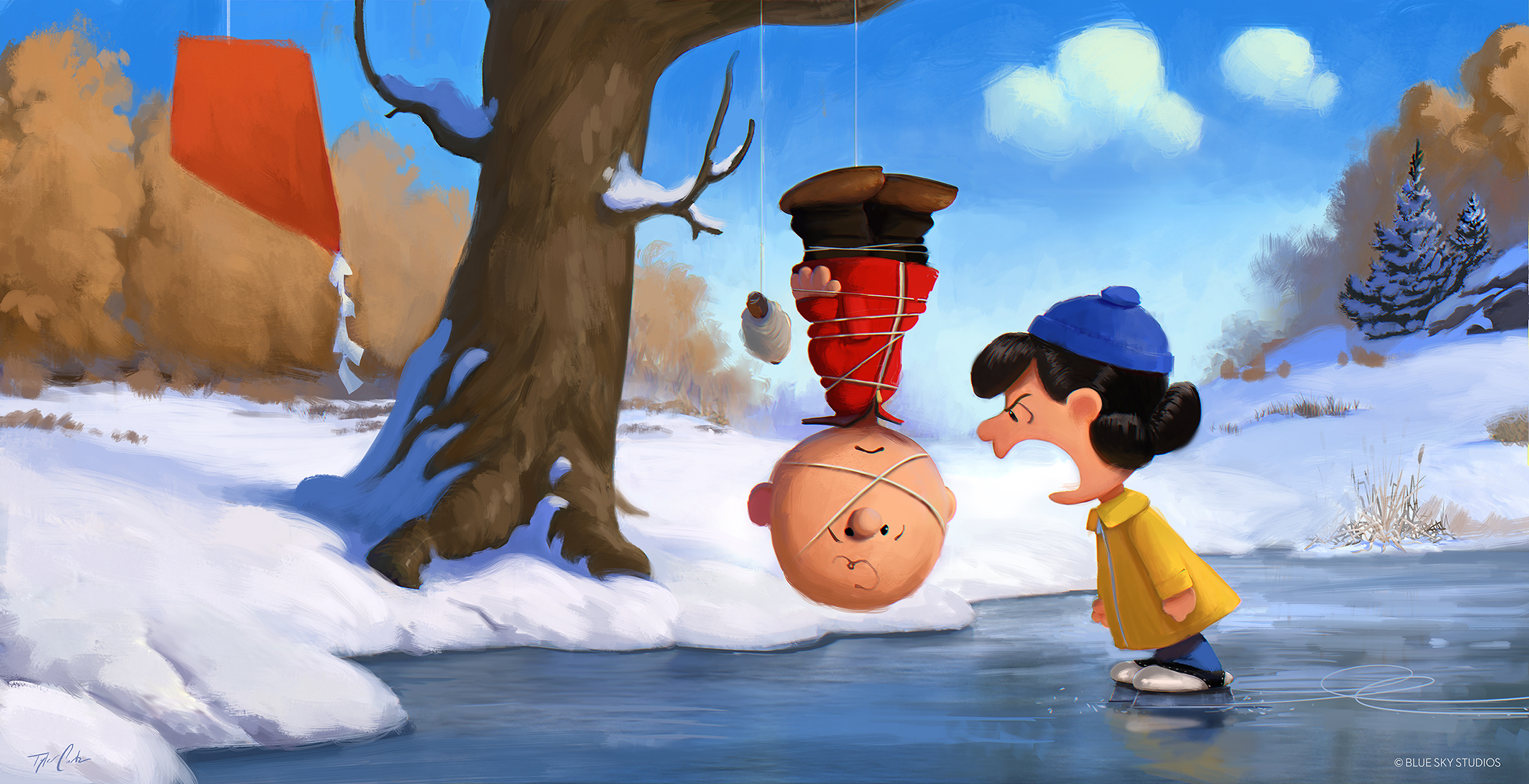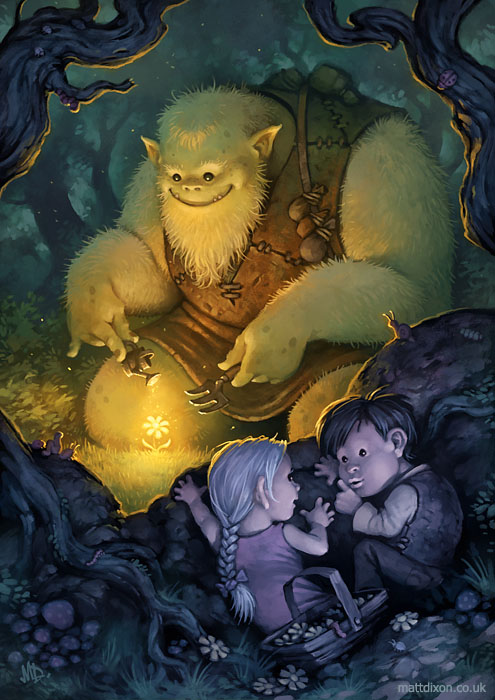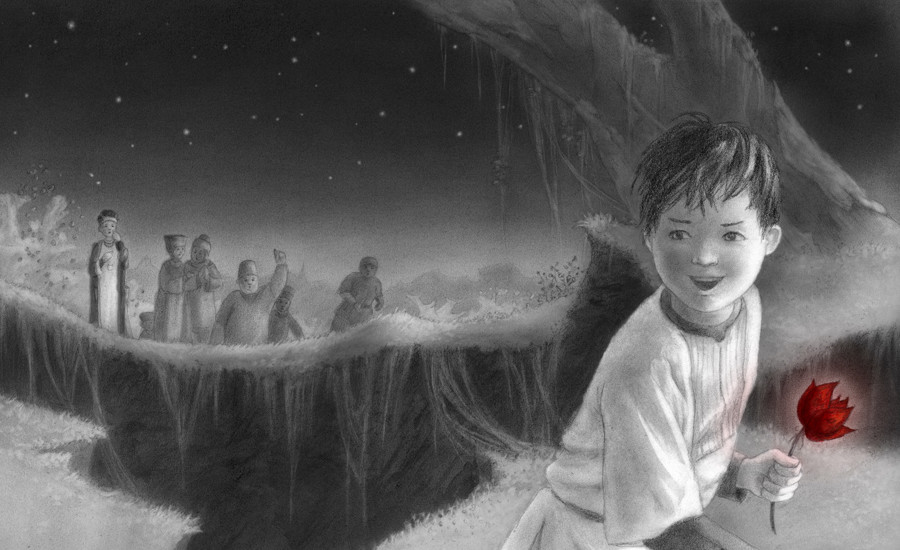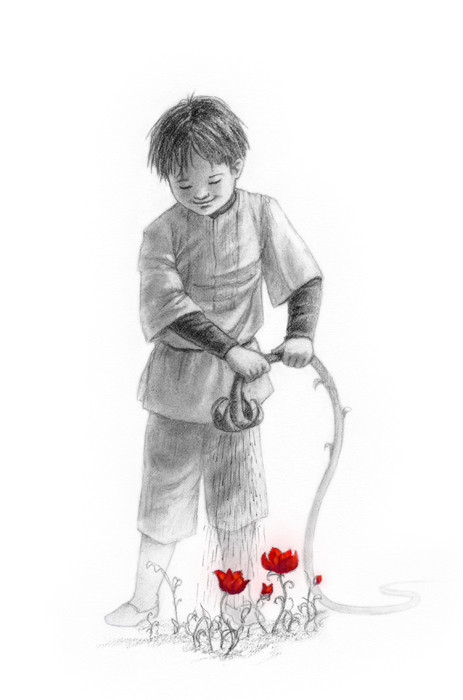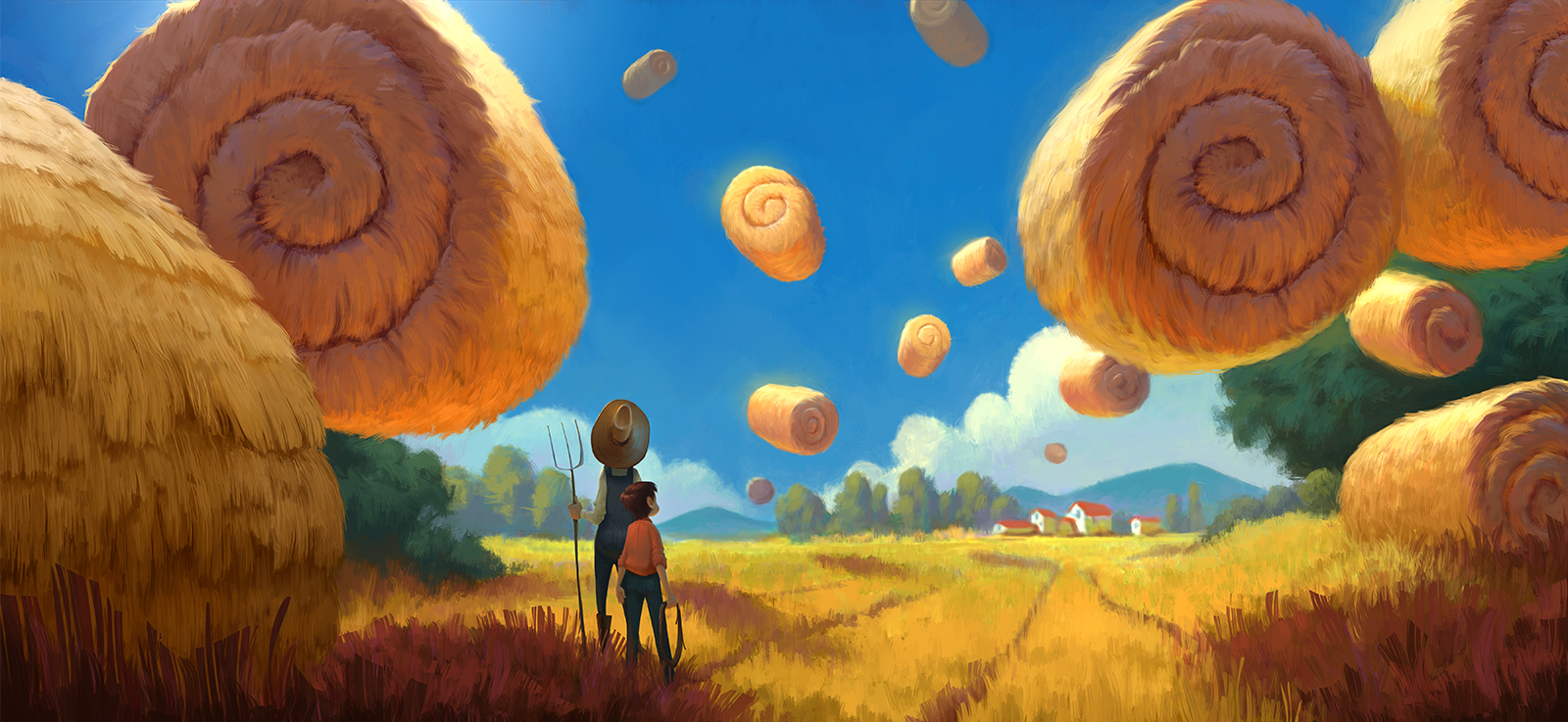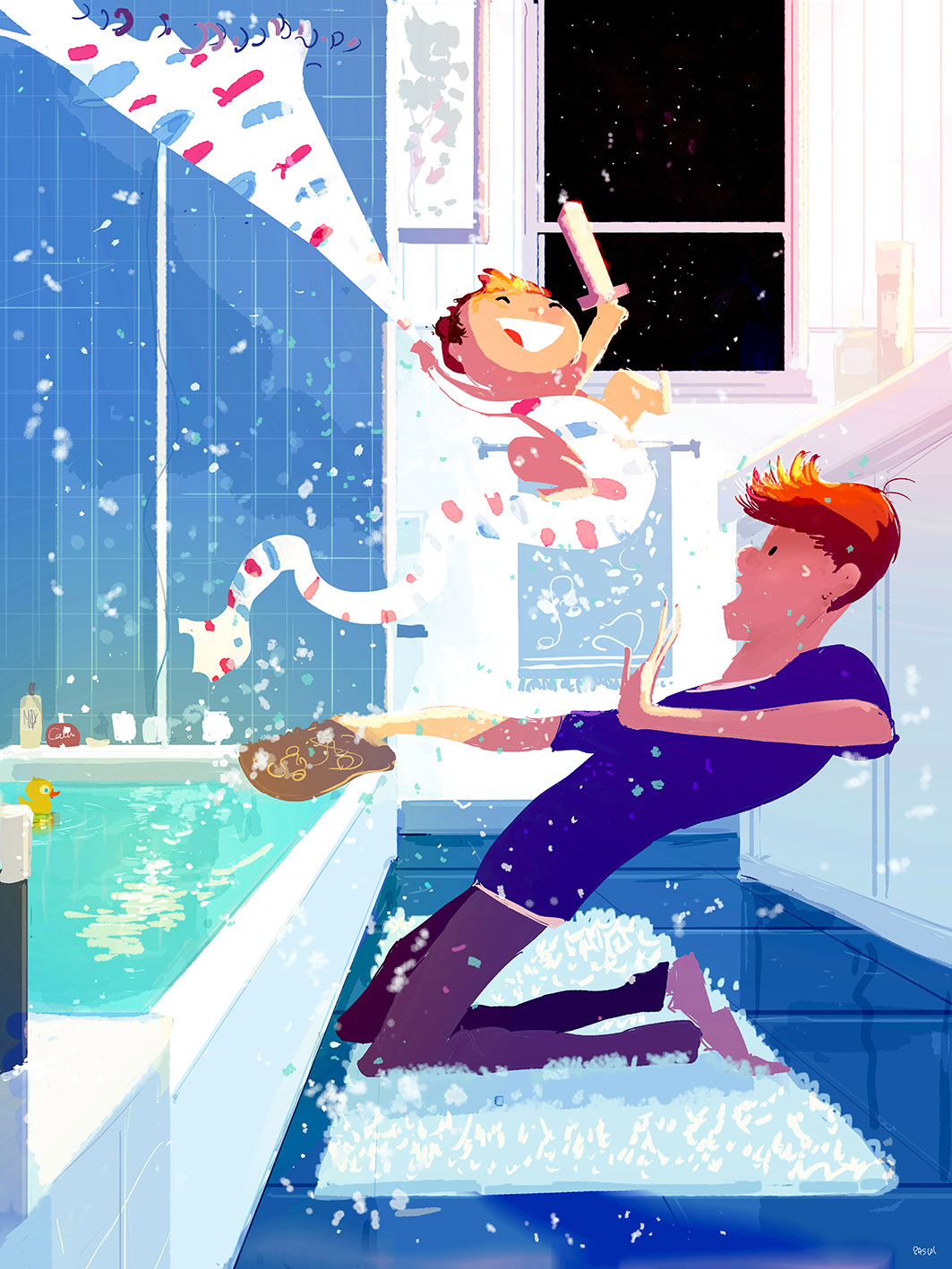All of our children are expected to make predictions while reading. Here’s a look at the curriculum objectives:
The Prediction Collection
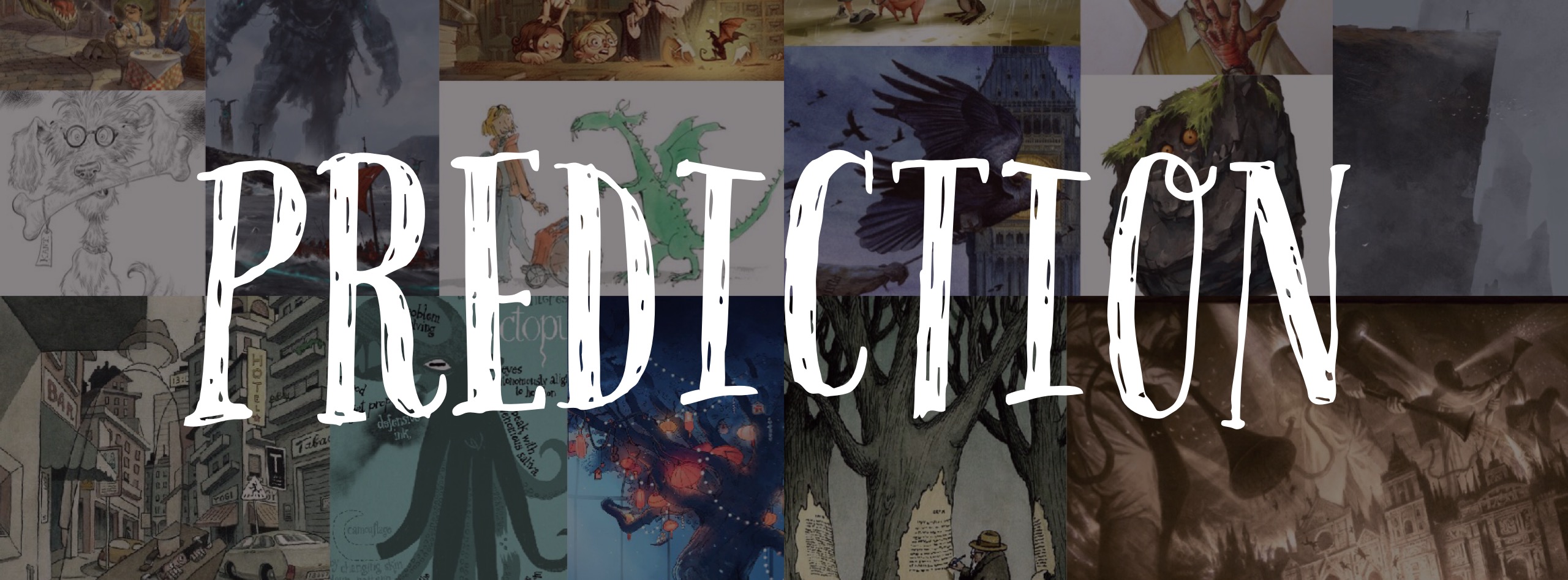
KS1: Predict what might happen on the basis of what has happened so far
KS2: Predict what might happen from details stated and implied
So, this can be as simple as asking the question, ‘What do you think is going to happen next?’, quickly followed with, ‘Why?’.
However, we need to make explicit the additional skills needed to be able to do this. To be able to predict, you need to be able to read and understand what has happened, and is currently happening. You need to be able to retrieve and infer (‘details stated and implied’), combine this with your knowledge of the world, weigh up probability, and make a sensible prediction of the next outcome. It might come naturally to many, but it’s worth breaking it down to look at what’s involved.
I’ve selected these images because they are ‘in the heart of the action’. They allow for discussion around what has just happened, to use inference to work out additional information, and then a discussion of what might happen next. Here’s a useful resource (aimed at Upper Key Stage 2, but could be used with children of all ages to introduce the language) for thinking about possibilities: Making predictions – modal verbs and adverbs. After teaching children how to predict, and how to answer questions, move them on to doing this with text.
When teaching prediction, it really does come back to the simple question:
What do you think is going to happen next, and why?
Just remember what else is needed to answer that question.
Note: In SATs papers, this question will come in several forms, such as, ‘Will Taylor change his behaviour on future visits to the field?’ or, ‘Based on what you have read, what does the last paragraph suggest might happen to the explorers next? Use evidence from this paragraph to support your prediction.’
ALARM CALL
Credit: Matt Dixon
- What kind of monster is this?
- Where did it come from? Has it been here before?
- What do you think the kitten is dreaming of?
- What is the monster going to do?
- What do you think will happen next?
- Continue this story – include an unexpected twist.
CROCODILE
Credit: Paulo Visgueiro
- Describe the scene. How does the picture make you feel?
- Do you think the boy knows what lurks beneath the surface?
- What do you think he can see/hear?
- What is the crocodile’s character like?
- What will happen next? Continue the story.
- If you could jump into the picture, what would you do? Would you help the boy? How?
FOREST
Credit: Aaron Becker
- What’s on the other side of the door?
- What is the girl holding in her hand? Why?
- How did she get to the forest?
- Where is this?
- Who hung the lanterns in the trees?
- Where does the stream lead?
- Will the girl go back through the door or stay in the forest? Predict what will happen next.
IMMINENT
Credit: Erik Johansson
- Where did it come from?
- Have the people in the village seen the rock sphere?
- What might they be thinking/saying/doing? Role play the scene in the village – consider your character and how they would react (policeman, farmer, child, journalist/reporter, priest…).
- What do you think is going to happen next?
THE INVISIBLE GIRL
Credit: Pascal Campion
- Is the girl really invisible?
- Why isn’t anyone looking at her or speaking to her?
- What is she doing?
- What might she be saying?
- Where do you think this is?
- Why is she alone?
- Where does she live? Draw what you think her house/bedroom looks like. Explain your choices.
- How long do you think she’ll stay there?
- What will she do when it starts to get dark?
OLD MAN OF THE WOODS
Credit: Matt Dixon
- What is the ogre doing? Why?
- Why is there a glowing light over the flower? Where is it coming from?
- What do you think is in the pouches on the ogre’s bag strap?
- Why were the children in the woods?
- Does he know that they are watching him?
- Do the children want him to know that they’re there?
- What is going to happen next?
MOON GARDEN
Credit: Jen Betton
- What is the boy doing?
- Who are the other people in the background?
- Where are they?
- What time of day is it? How do you know?
- Why are the people all here so late?
- Why does one man have his arm in the air? Why does a woman have her hand to her face? What might they be saying?
- Can you tell anything about how the boy is feeling?
- Where is he going?
- What is he going to do with the flower?
- Why is the picture called ‘Moon Garden’?
- Use the other images below to see whether your predictions were right.
GRANDPA’S FARM
Credit: Tyler Carter
- What is surprising about this picture?
- How are the hay bales floating?
- Are they still or moving?
- Who are the two people?
- What are they thinking?
- What are they going to do? Do they want to get the bales back onto the ground? Are they trying to get them all floating?
- What will happen next? Make a list of possibilities, then vote (most likely/most interesting/most unexpected).
- What would you do if you saw this?
- What will happen next?
BATHS
Credit: Pascal Campion
- What is happening in this picture? Describe it to someone who can’t see it.
- What is the boy doing? Why?
- What is he imagining? Why is he imagining this while he’s in the bathroom? Where did the sword come from?
- How is the man feeling?
- Do you think their bath times are usually like this?
- Add speech bubbles to the image.
- What do you think will happen next?
